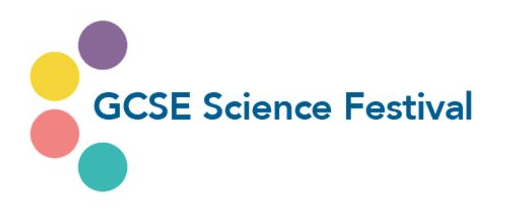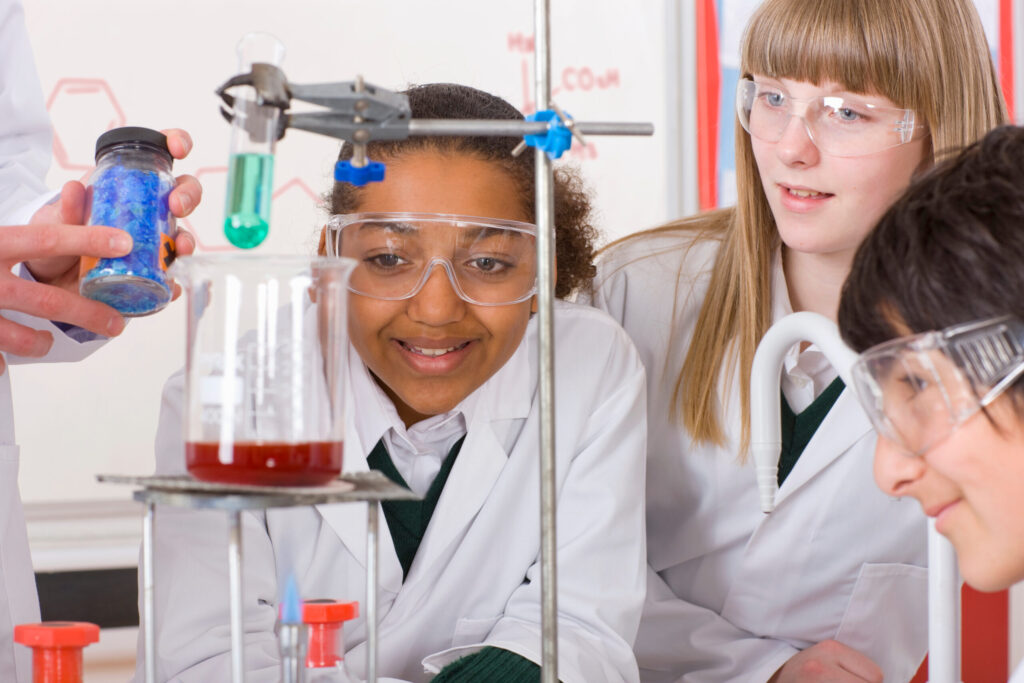Dusting off the ripple tank
Quite a few schools have already started using the new GCSE science specifications. As these have gone through various developments, one of the things that has been modified are the stipulated practicals. In developing the Collins resources for the AQA and OCR Gateway specifications, we’ve been thinking through how best to support teachers and students with these.
Thinking back to when the development first started, one of the stated objectives was to move practical work from the current role of controlled assessments to one of being an integral part of teaching sequences. This wasn’t an idle aim and looking at the latest iterations it’s informative to see how much emphasis there is. The number and range of investigations has gradually increased and the specific tagging of skills has been developed. This is good news for people who were worried about practical work being marginalised, but not so great for schools where equipment budgets and technician hours have been slashed. If anyone in your school is questioning whether science needs all of its budget now that controlled assessments are being dropped, print off the new specification, roll it up and bring it down smartly on the table top in front of them – pointing out that this is where a third of students’ Ebacc grades will be coming from (two sciences from English, Maths, sciences, language and humanity).
A big question, though, with any investigation – does it work? I.e. will it change colour/go mushy/accelerate as per the theory? This is important; students get disillusioned if the kit fails to perform. However, we need to keep our eye on the ball: a successful experiment doesn’t necessarily translate into marks acquired on final exams. There’s a journey from understanding what has happened on the bench to being able to answer questions in a final exam, which are as likely to be about application, interpretation or evaluation. ‘Remembering the experiment’ won’t in itself secure a good grade.
And what about maintaining records? I was talking to a subject leader in science recently about record keeping in relation to practical work; he was asking me what I thought he should get his team to do. My response was to ask him what he wanted to do (probably not the answer he was expecting, but bear with me). I pointed out that, unlike A level, no-one was going to be checking up either on whether students had done the practical investigations, or whether spreadsheets were being populated. (There is a declaration to be signed but that’s to confirm that a reasonable opportunity has been provided.) Teachers will want students to do them not because they were going to be checked up on but because they were a key part of learning about science and a significant chunk of the marks in the exams would be on questions related to them. I did suggest however that some record keeping might be useful as the experiments are there to develop a range of skills and having a handle on which ones have been mastered would be useful. As a teacher you would want to know what a group had got under its belt and what you could usefully focus on in the next investigation.
Each investigation in the specification has a focus on a range of skills. However, there’s a pitfall for the unwary here – trying to hit too many skills at once is likely to spread the impact too thinly. Knowing what students are good at and what they need to focus on next will make teaching more effective. A publication that came out a few years ago, which is still supremely relevant, is Robin Millar’s Analysing Practical Science Activities to Assess and Improve their Effectiveness (ASE, 2010, ISBN 9780863574252). In it he argues that if you want to improve students’ mastery of the enquiry processes, have a tight and explicit focus.
I suspect that some science teams will take this in their stride but for others it’ll need time and effort. Compared with some recent changes, though, why would we not want to get this one right?
In the Collins Science Fest we’ll be exploring a range of challenges and opportunities arising from the new specs, including issues such as developing enquiry skills. Join in and see what people are coming up with.
Ed Walsh




